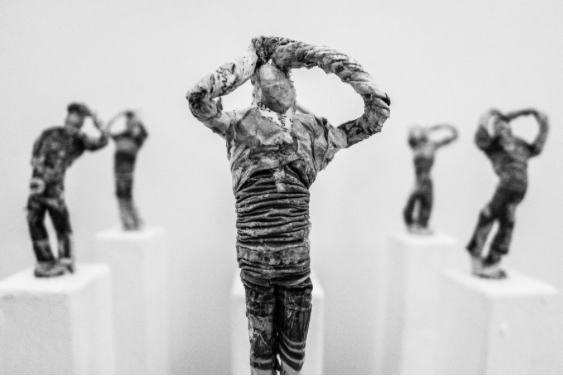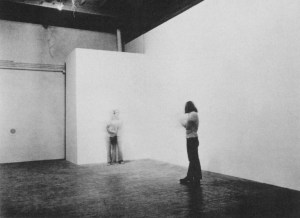A Workshop with Dr. Rishi Goyal, emergency physician and co-editor of Synapsis and Manjula Padmanabhan, novelist, artist and Onassis award winning playwright of Harvest.
Health, Politics and the Imagination in Colonial and Contemporary India
February 18-19, 2019
The past several years have witnessed a growing interest in developing coursework and programs that emphasize the humanities aspect of the “human sciences.” Medical schools, graduate programs in public health, social work and clinical psychology, as well as other health service professionals, NGOs, and non-profit service agencies have all suggested that graduates entering their fields should be educated more fully in the humanities and its disciplinary skills (its ways of knowing and thinking) than is currently the case. At the same time, students have been actively seeking more course offerings where the self-reflective elements of the humanities, social sciences, and life sciences intersect and have been looking for greater opportunities for interdisciplinary study. As such, the emerging discipline of medical humanities has seen sustained and significant growth, as it offers an interdisciplinary framework through which health and the body can be understood vis-a-vis perspectives of the social sciences and the humanities. The medical humanities focuses on the critical analysis of literary narratives and other aesthetic forms, but also studies how the health of social groups and populations are embedded in and affected by cultural norms, institutions and politics. It is most often driven by a desire to alleviate social injustice, disenfranchisement, marginalization and poor or limited access to care and relies on the methods and analytic approaches of the humanities and the social sciences
In February of 2019, we will hold a two-day medical humanities conference at the Columbia University Global Center in Mumbai. Leading health humanities scholars, writers, activists, physicians, researchers and memoirists from India will participate in a workshop to set the stage for both a South Asian medical humanities network and an undergraduate course on colonial medicine, literature, and contemporary healthcare in India. We will examine the role of aesthetics and the literary in healthcare while approaching literature as a social and political practice. We will explore the residues of the colonial encounter on contemporary healthcare practice by focusing on such issues as assisted reproductive technologies, the organ trade, the new travel medicine/medical tourism, stem cell research and precision medicine. We will consider these biotechnological developments through the history and present of global inequality and uneven access.
Scholars in the humanities and social sciences have recently begun developing a rich archive of primary and secondary work on colonial history and theory and its relation to medicine and public health. The colonial administration of health and production of new sub-disciplines like tropical medicine can now be understood as part of a bioimperial project central to the production of knowledge in various realms and fields. Colonial medicine was instrumental in the administration of peoples and places. In Ian Hacking’s terms, it made people up thereby informing productions of knowledge, the imaginary and modes of scientific inquiry and being. Simultaneously, literature and the arts, in giving us powerful new forms of expression, were also making up people, ideas and fantasies about the other. This conference bridges these two ways of knowing and situates them in an understanding of contemporary biomedicine that is critical but yet not reflexively anti-biological.
As we explore the imaginative spaces in which historical and contemporary healthcare practices have taken root, we will also stay sensitive to other, local ways of knowing about the body that have proved resistant to colonial administration.
Featured Image by Donatello Trisolino via Pexels.



